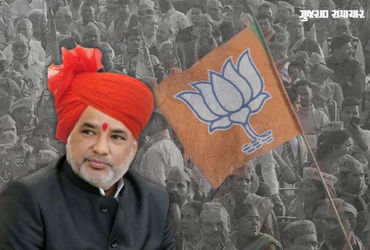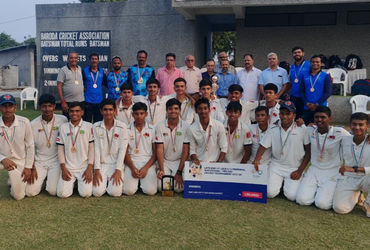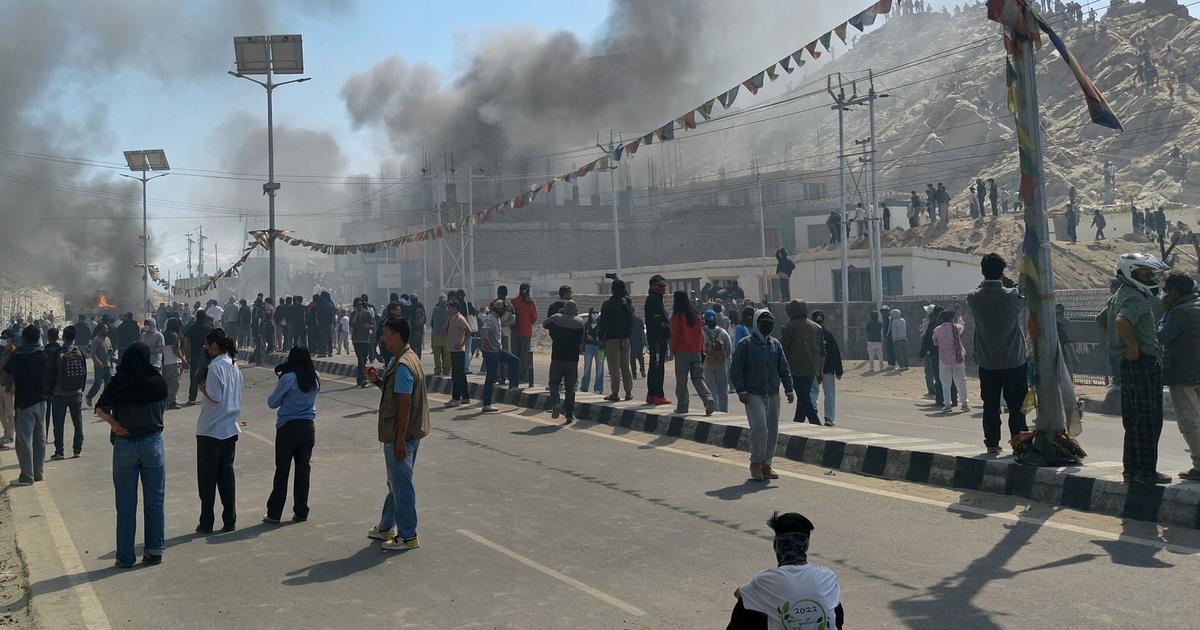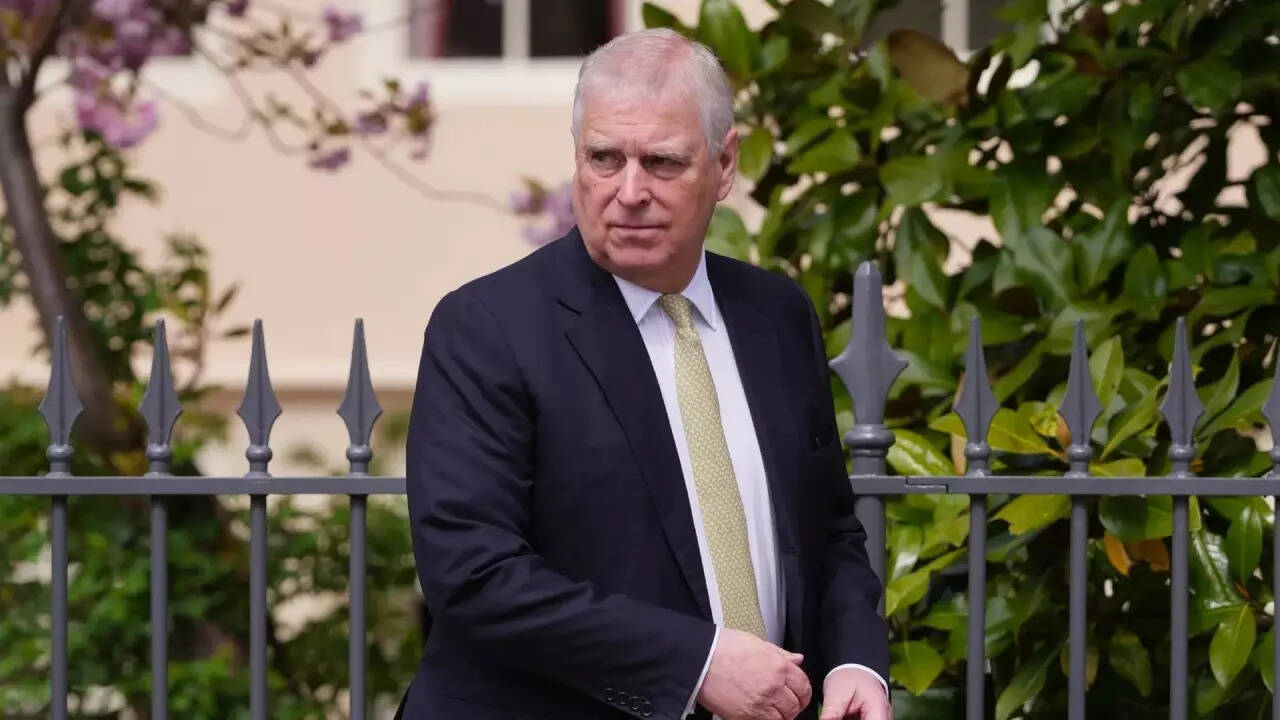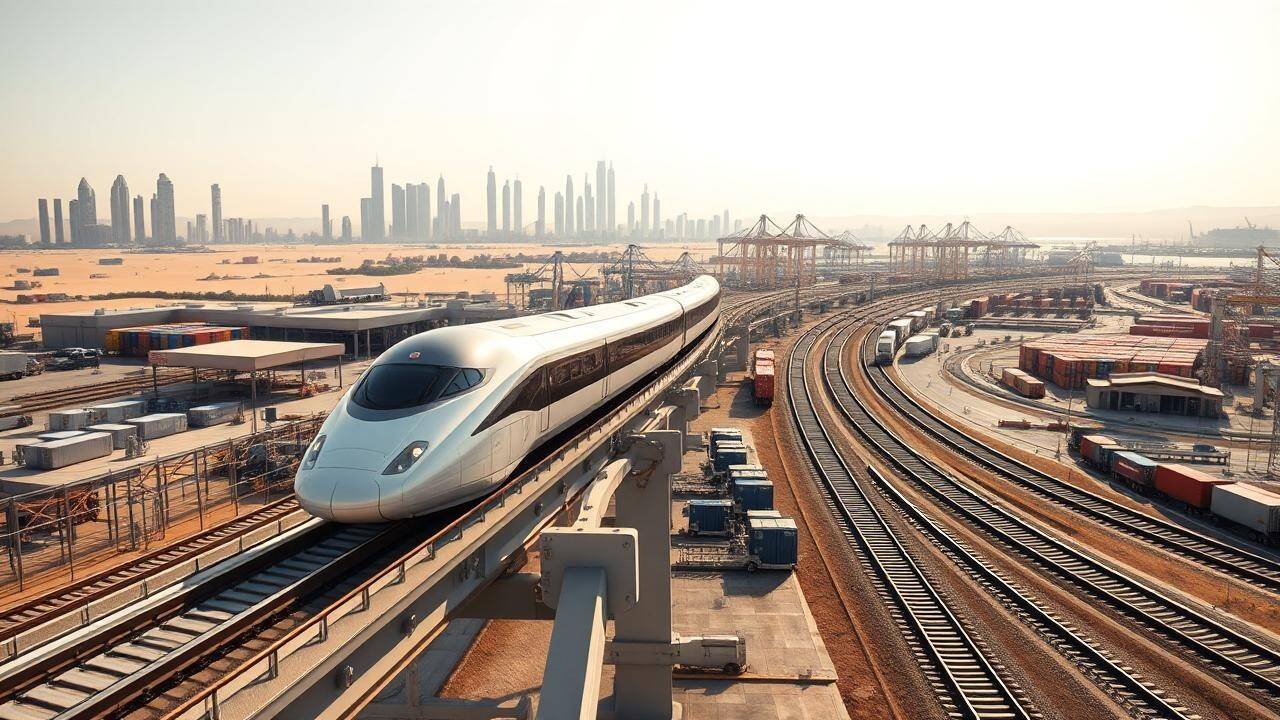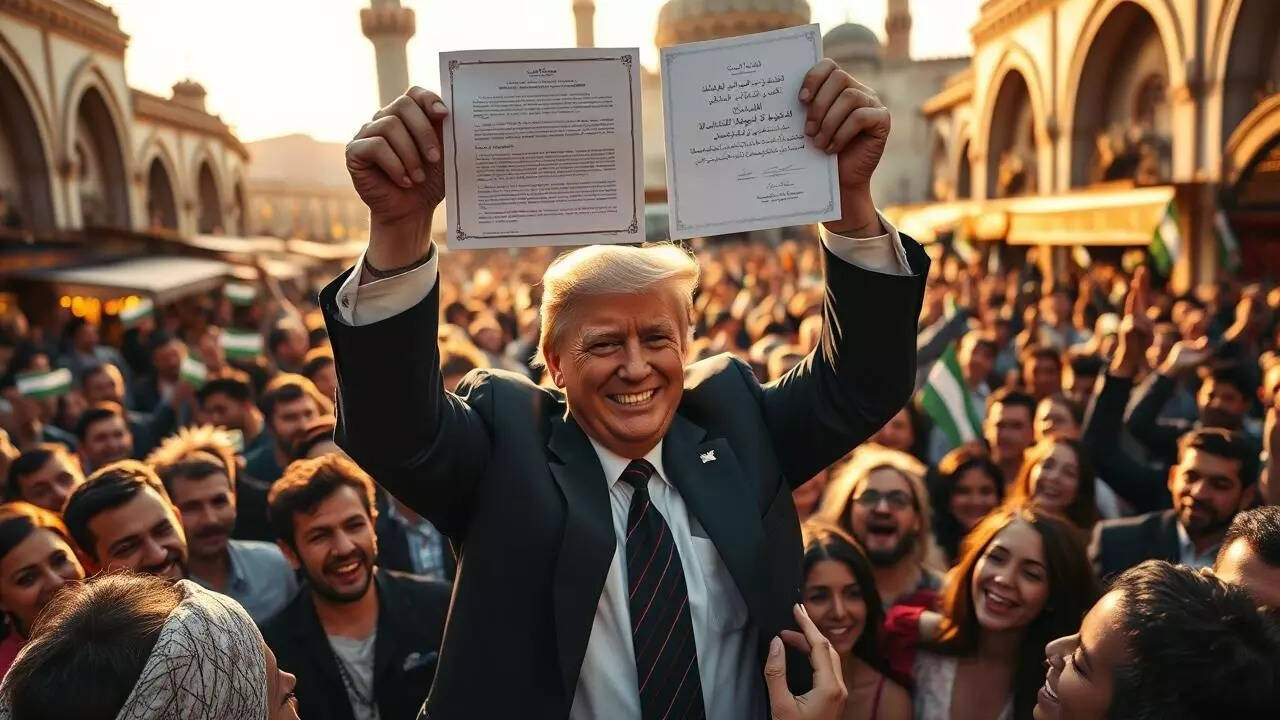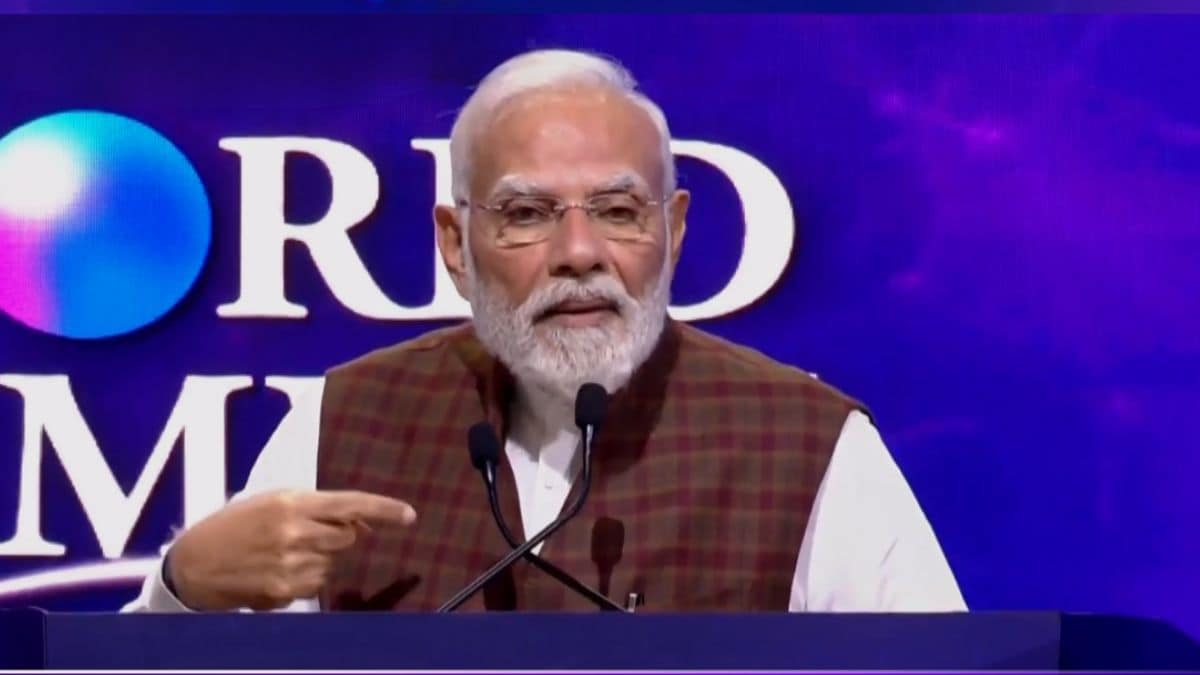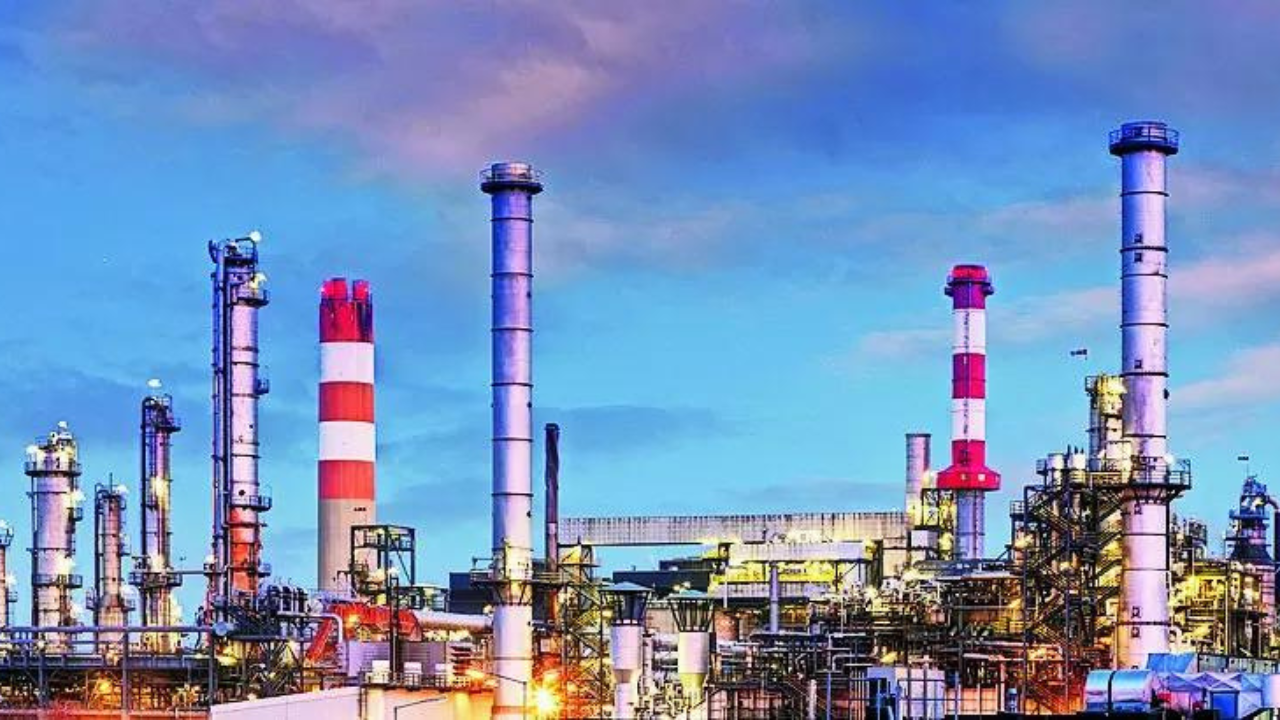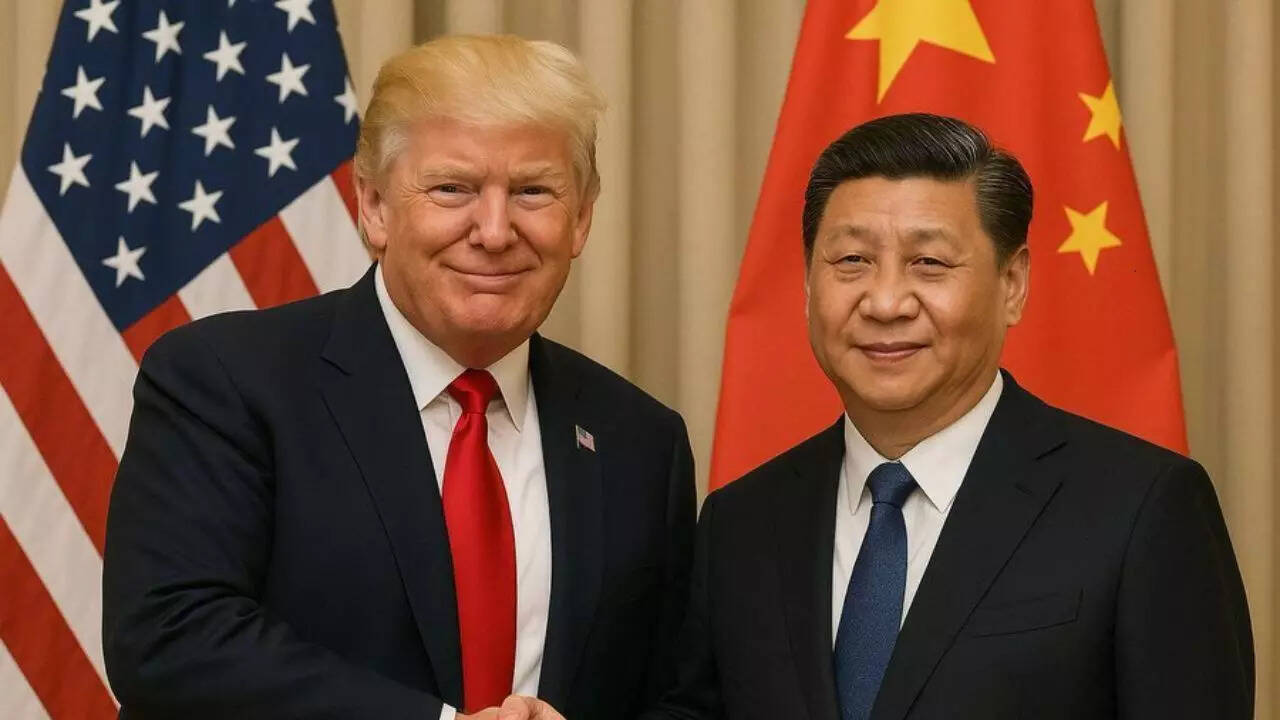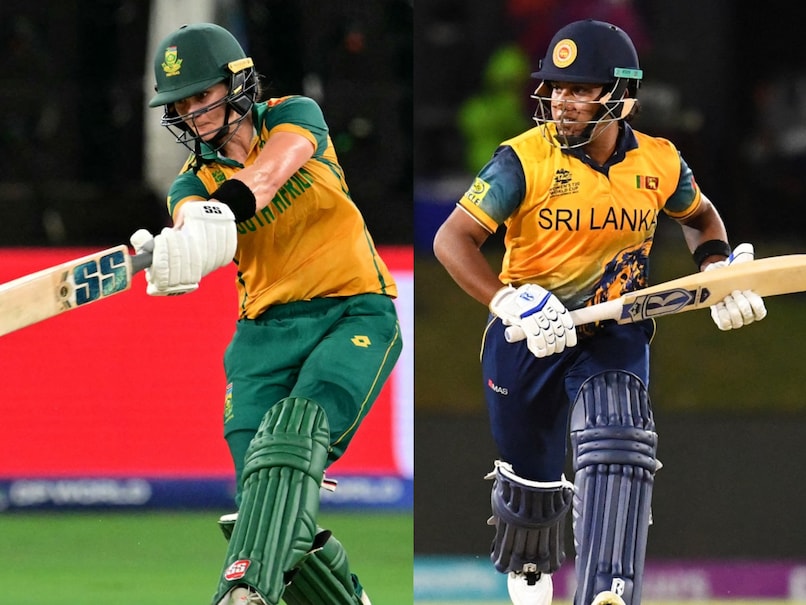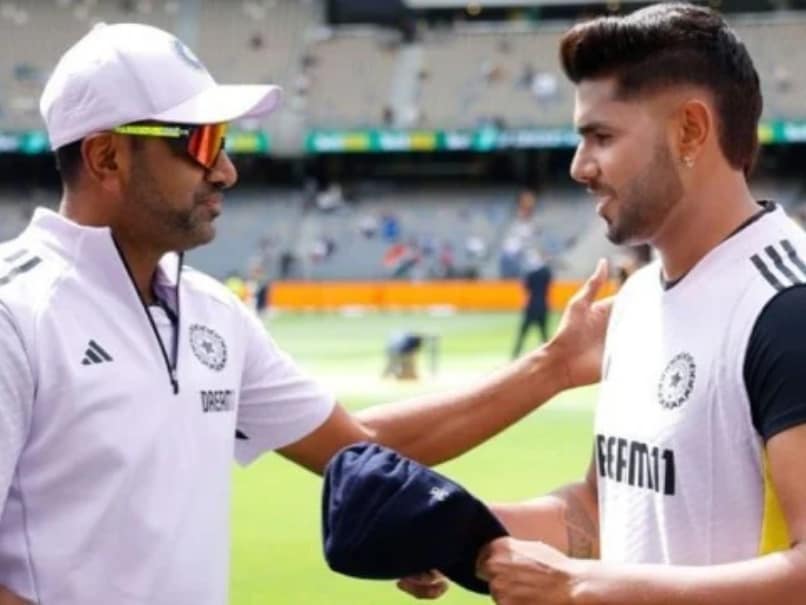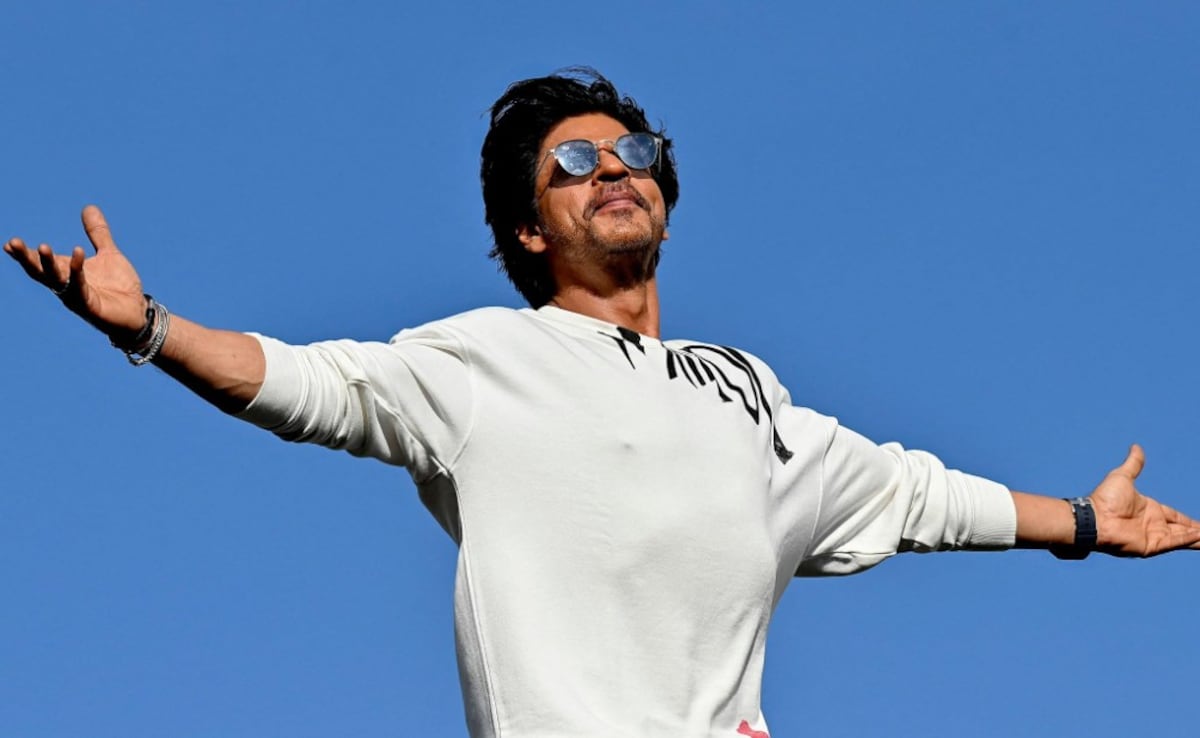India’s own goal at UN plastics treaty negotiations
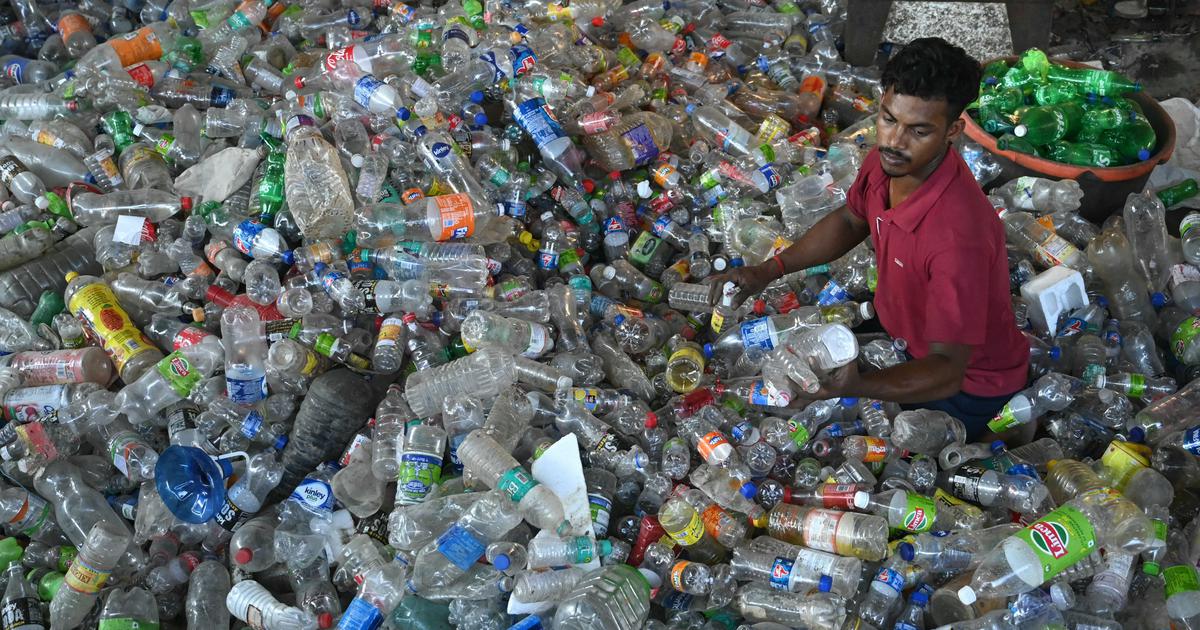
Join our WhatsApp Community to receive travel deals, free stays, and special offers!
- Join Now -
Join our WhatsApp Community to receive travel deals, free stays, and special offers!
- Join Now -

India has opposed limits on the production of primary virgin plastic in the name of development and industrialisation.
It thus became a party to scuttling the proposed United Nations Global Plastics Treaty (INC 5.2) for which negotiations were held in Geneva from August 4-14.
These talks are part of a process set in motion by the 2022 United Nations Environment Assembly Resolution which gave negotiators the mandate to craft a legally binding treaty that addresses plastics across their entire lifecycle, from production through to disposal.
The latest draft placed before the countries in Geneva in the sixth round of negotiations proposed stronger measures for waste management, better recycling systems, and tightened controls on hazardous additives.
However, it did not include limits on the production of virgin plastics or tighter regulation of chemicals used in their production.
The inability of the 180 participating countries to agree on imposing limits on the production of new plastics emerged as the main stumbling block to reaching a consensus.
The disagreement hardened into a clear divide between two negotiating blocs.
The High Ambition Coalition, a group of around 100 countries, including the European Union, argued that production caps are essential to avert worsening ecological and public health risks.
Opposing them, the Like Minded Countries – made up of petrochemical producers such as Saudi Arabia, Iran, Kuwait, Bahrain, China and Cuba –...
Read more
What's Your Reaction?
 Like
0
Like
0
 Dislike
0
Dislike
0
 Love
0
Love
0
 Funny
0
Funny
0
 Angry
0
Angry
0
 Sad
0
Sad
0
 Wow
0
Wow
0
